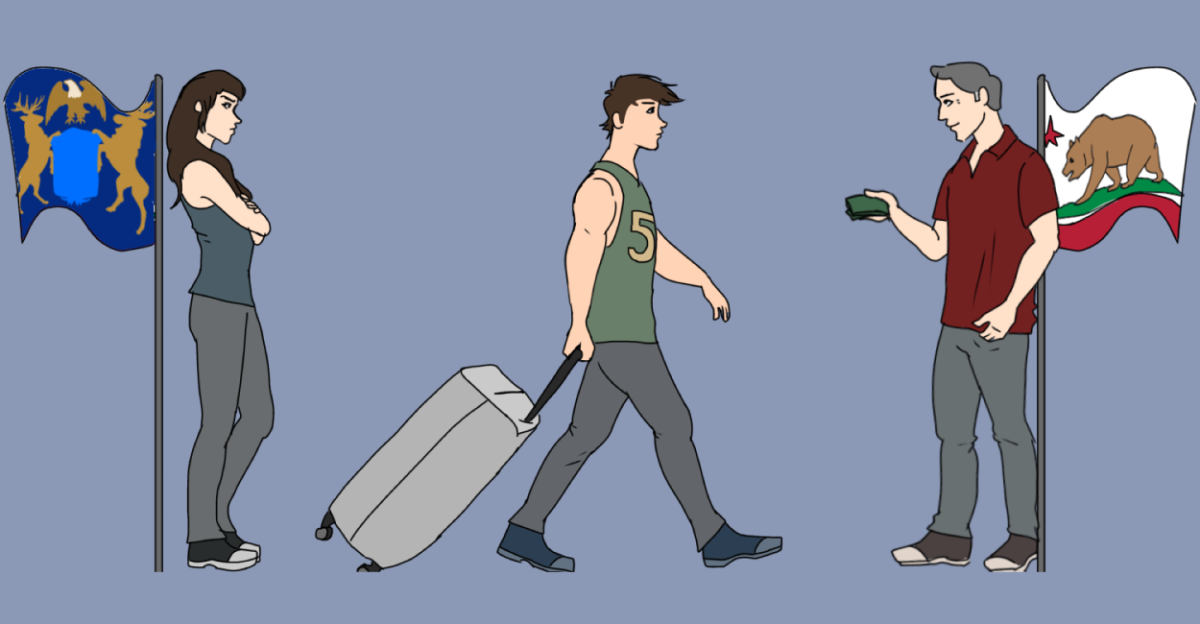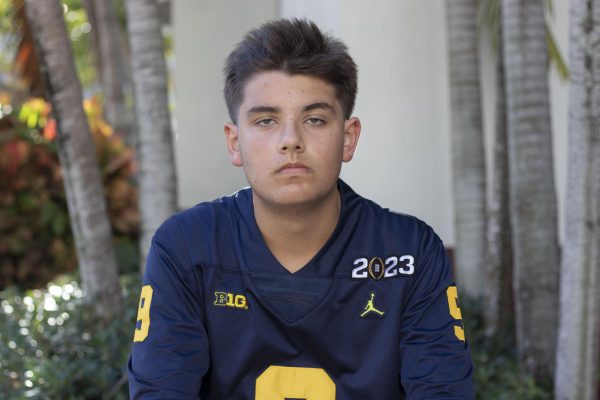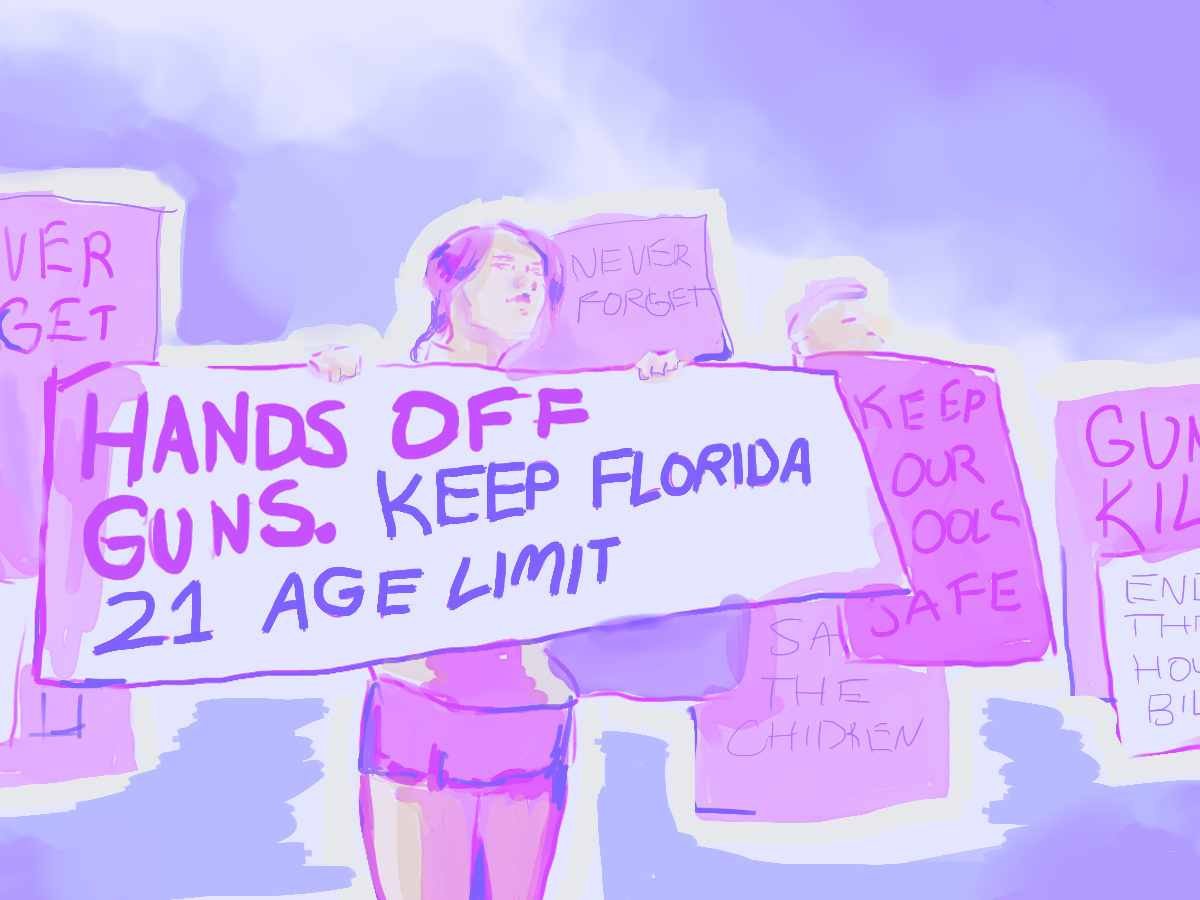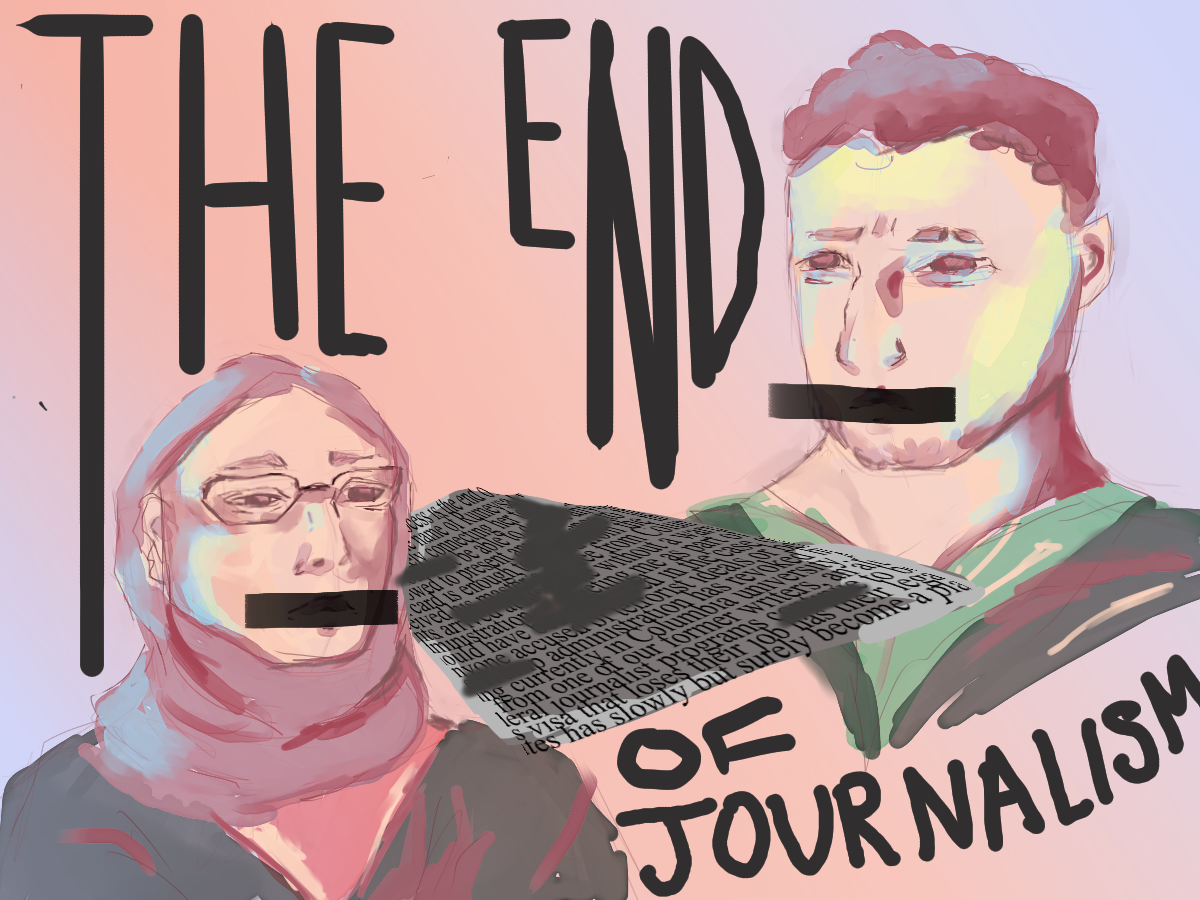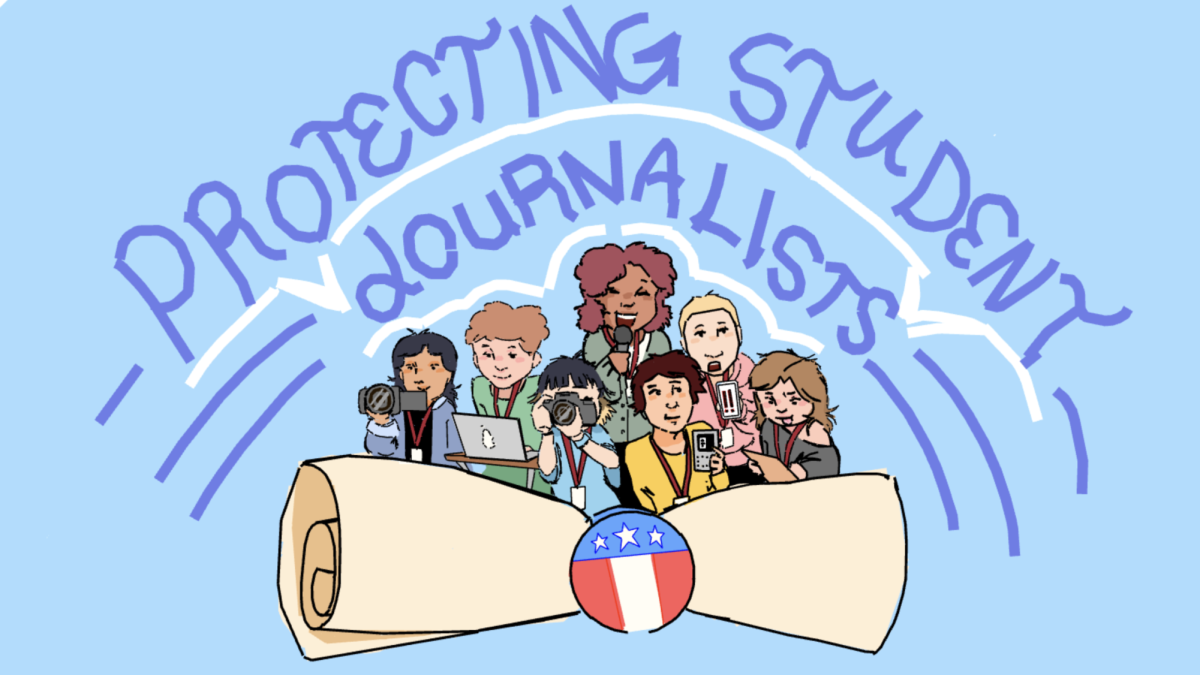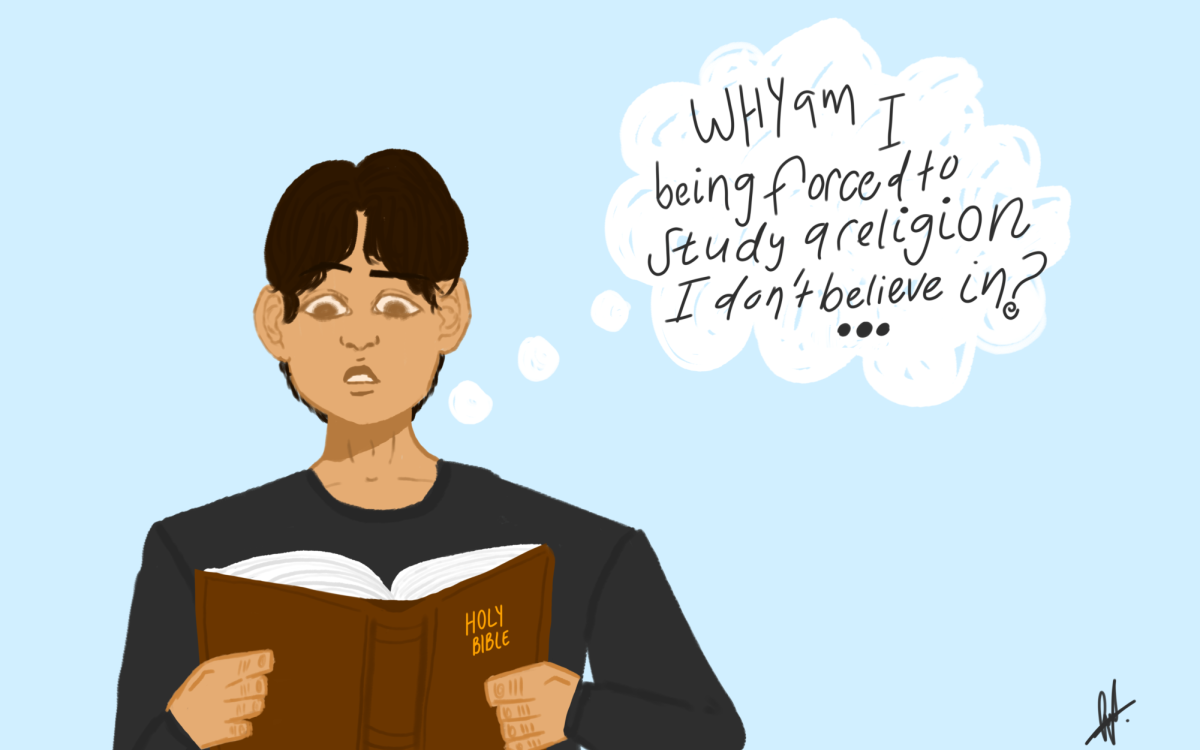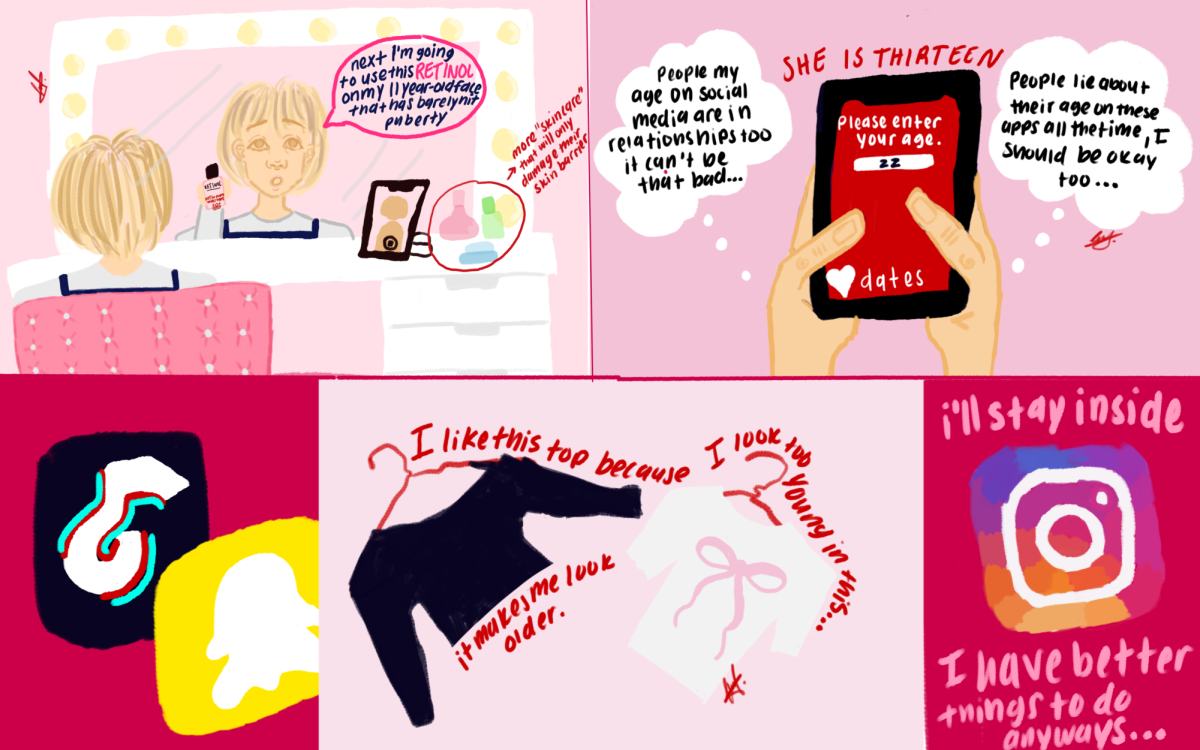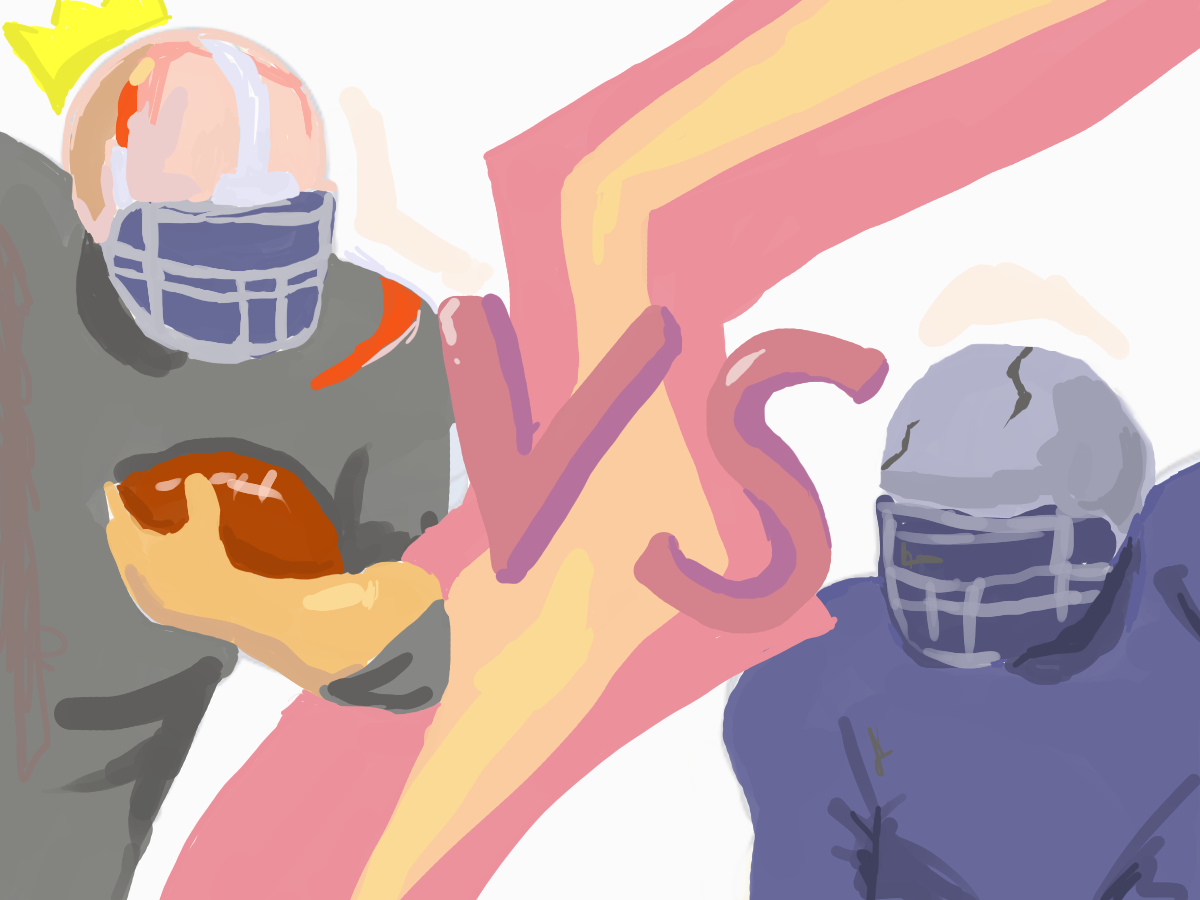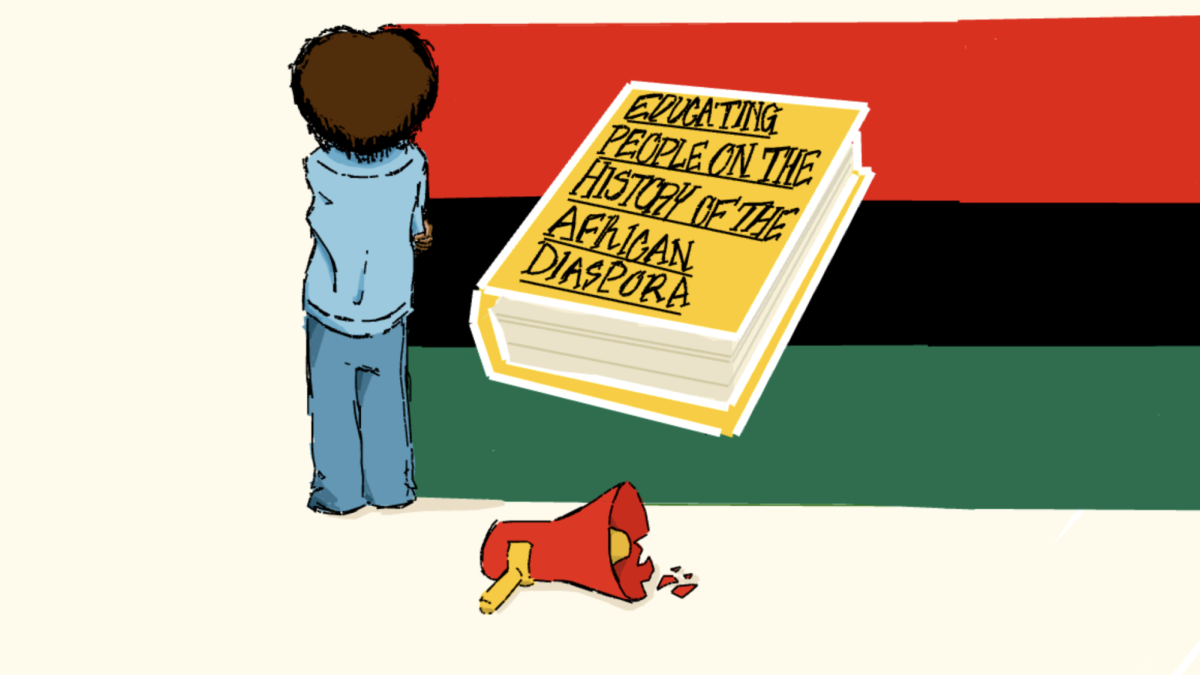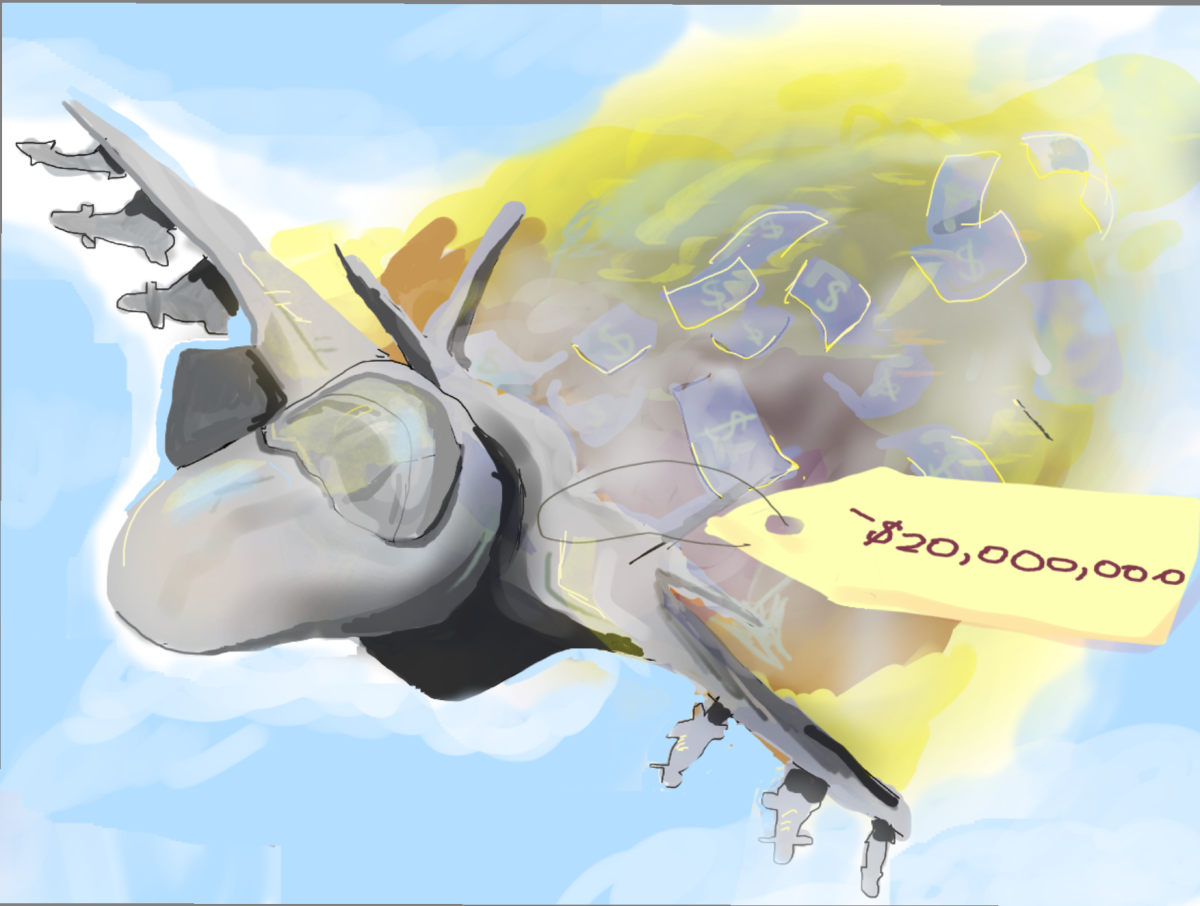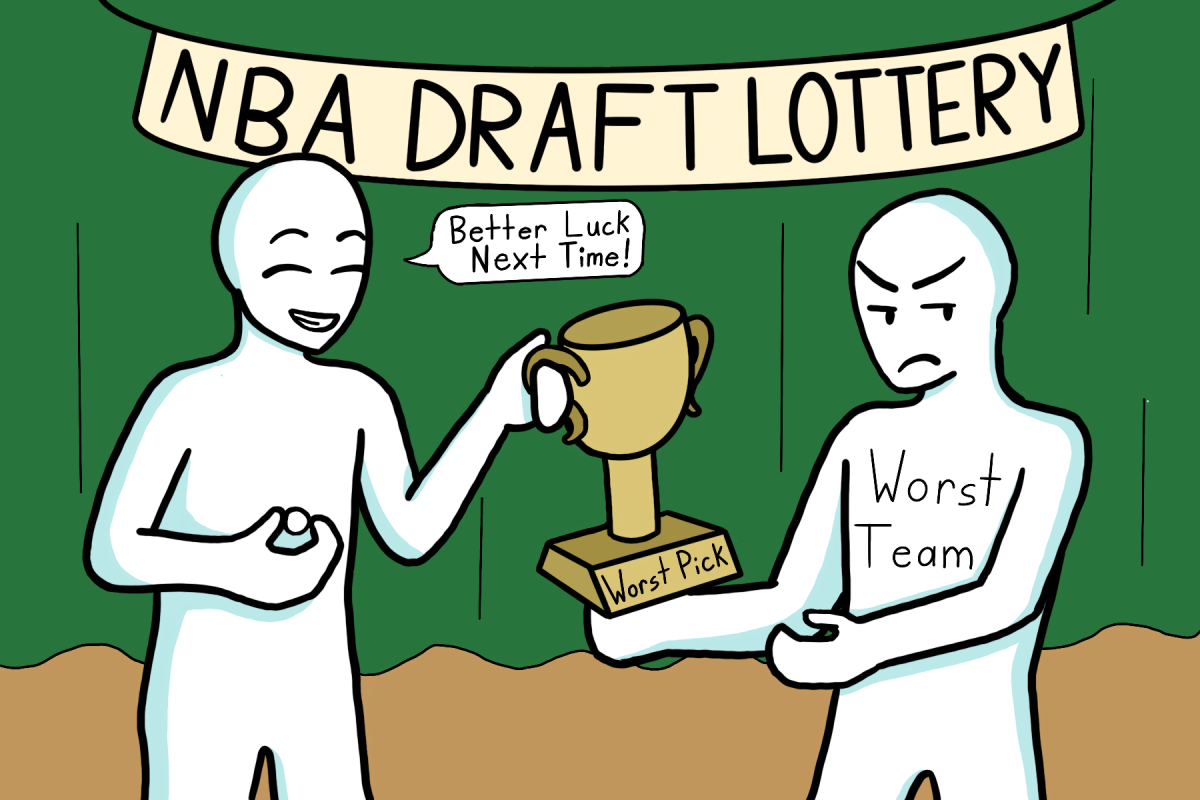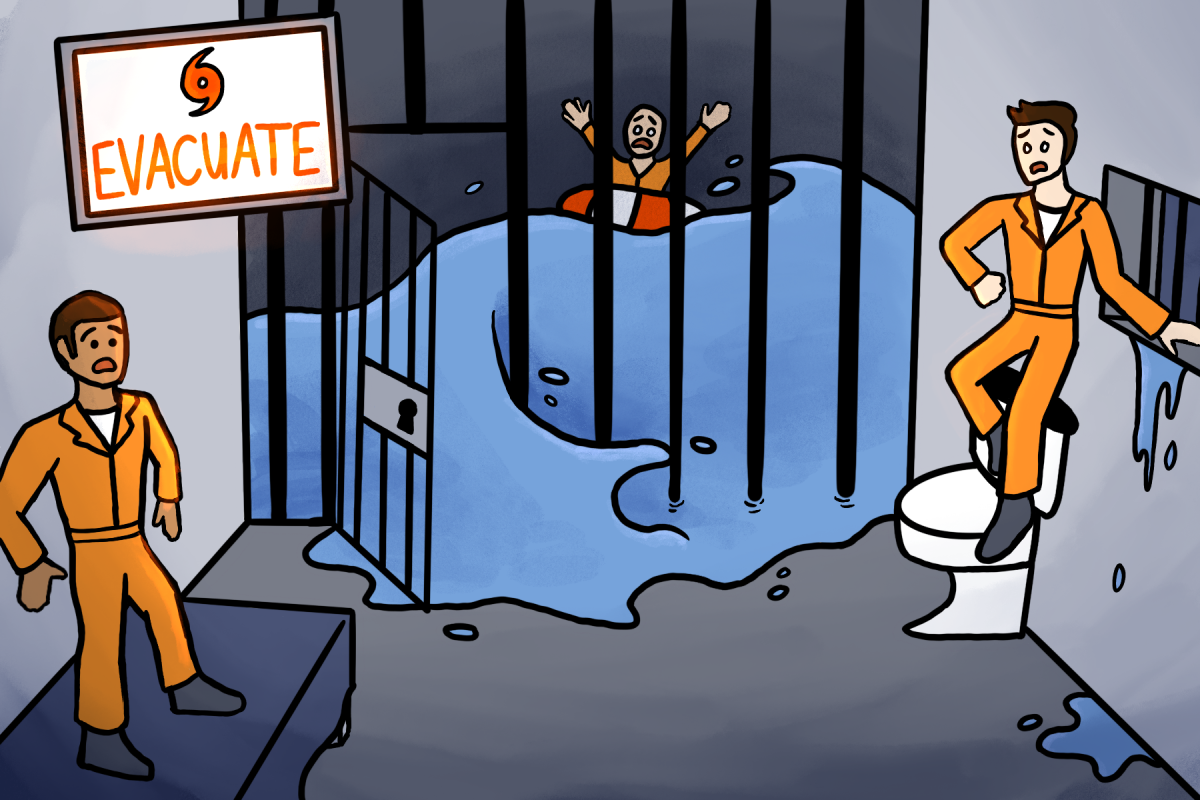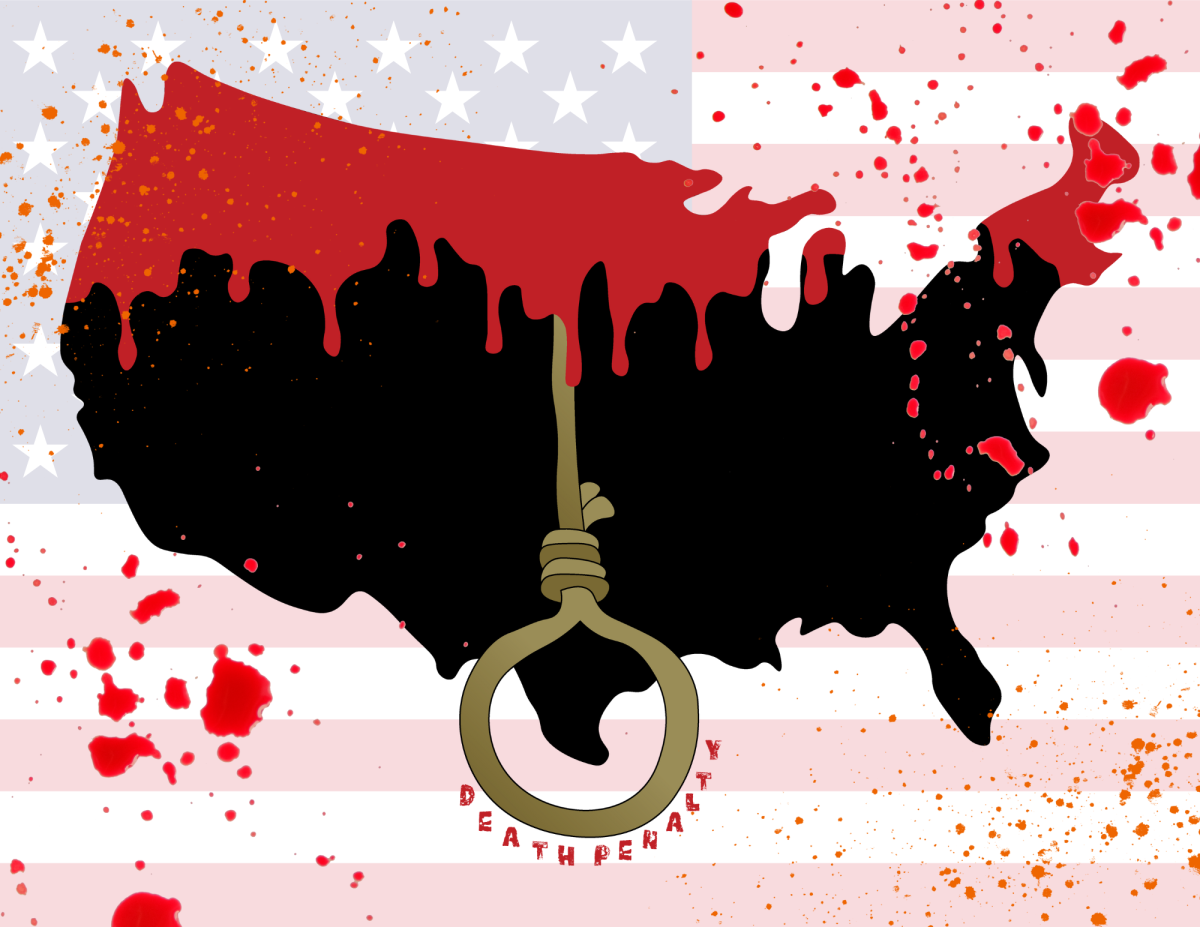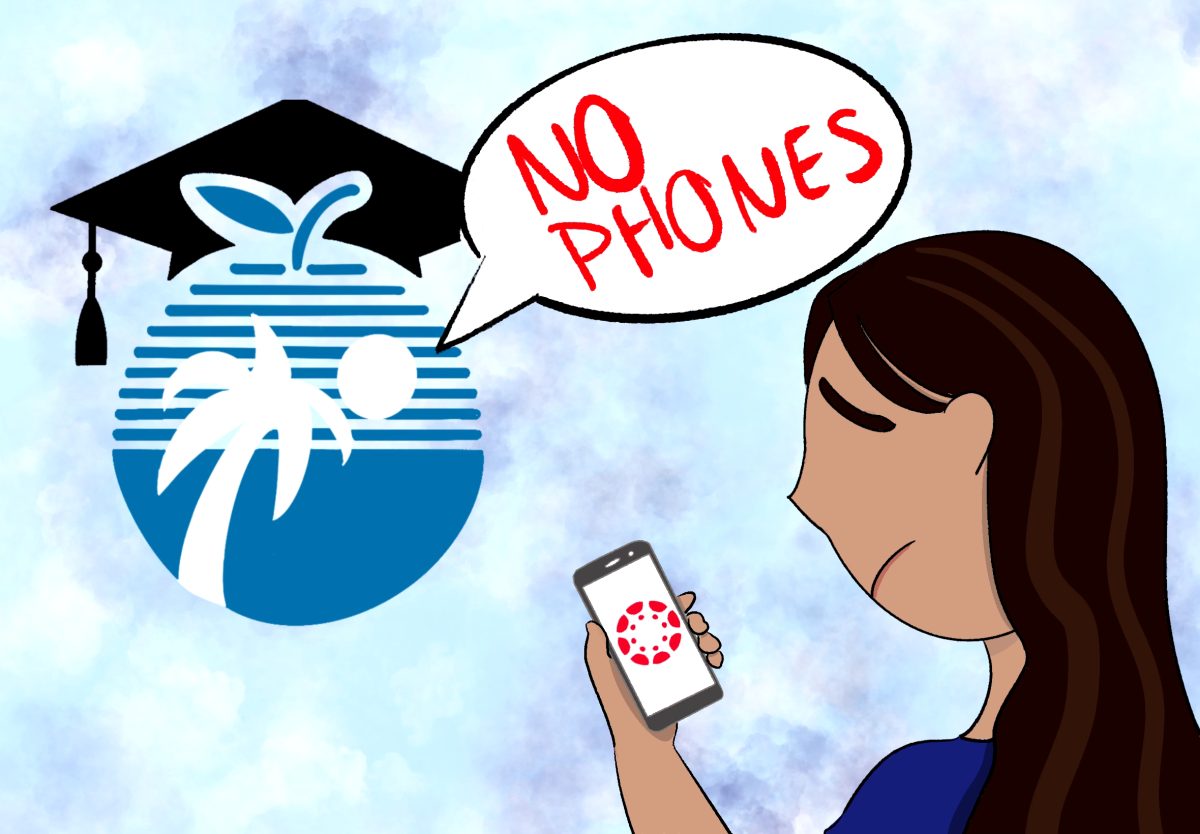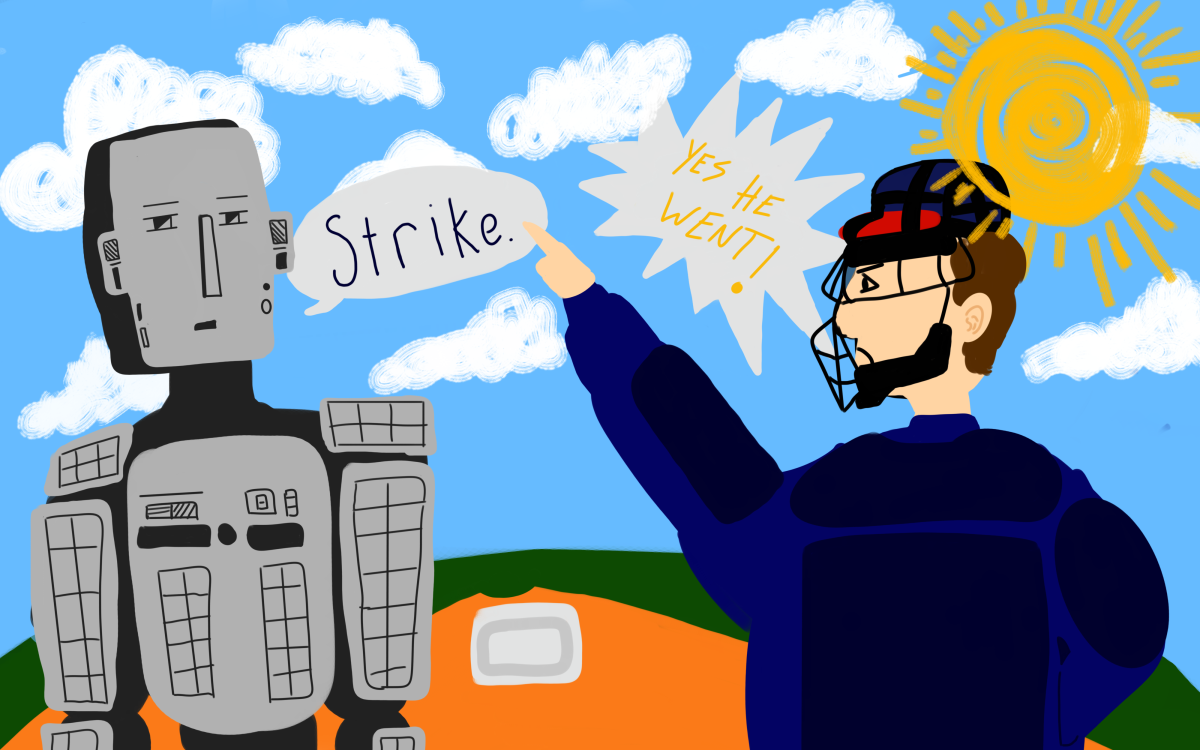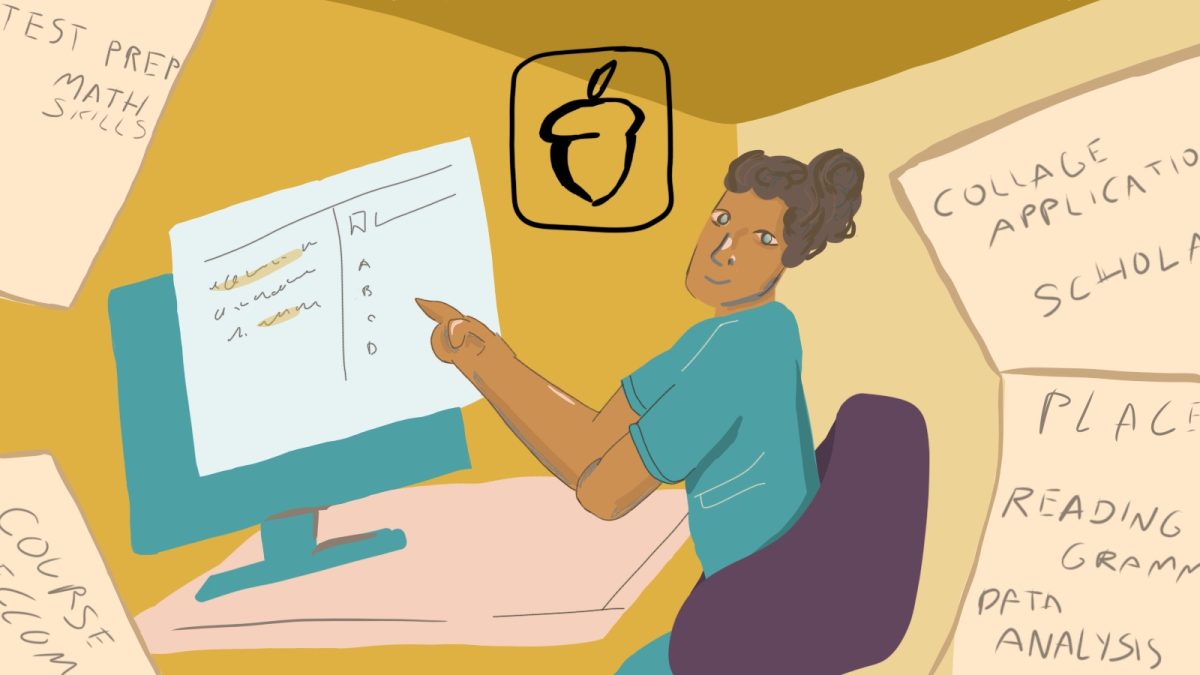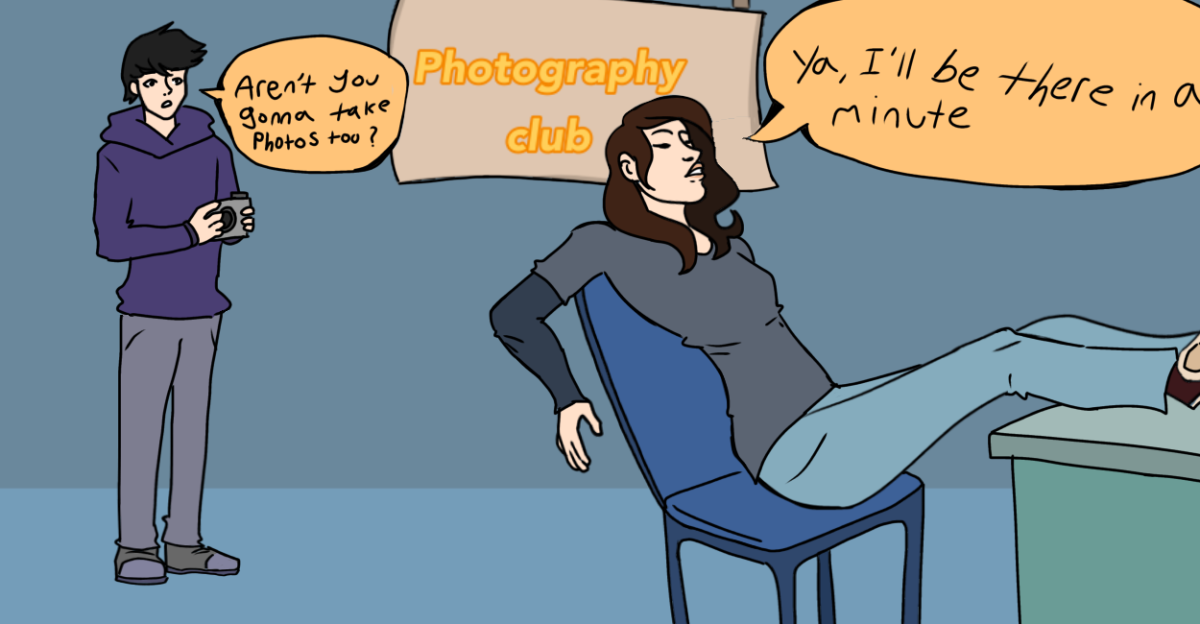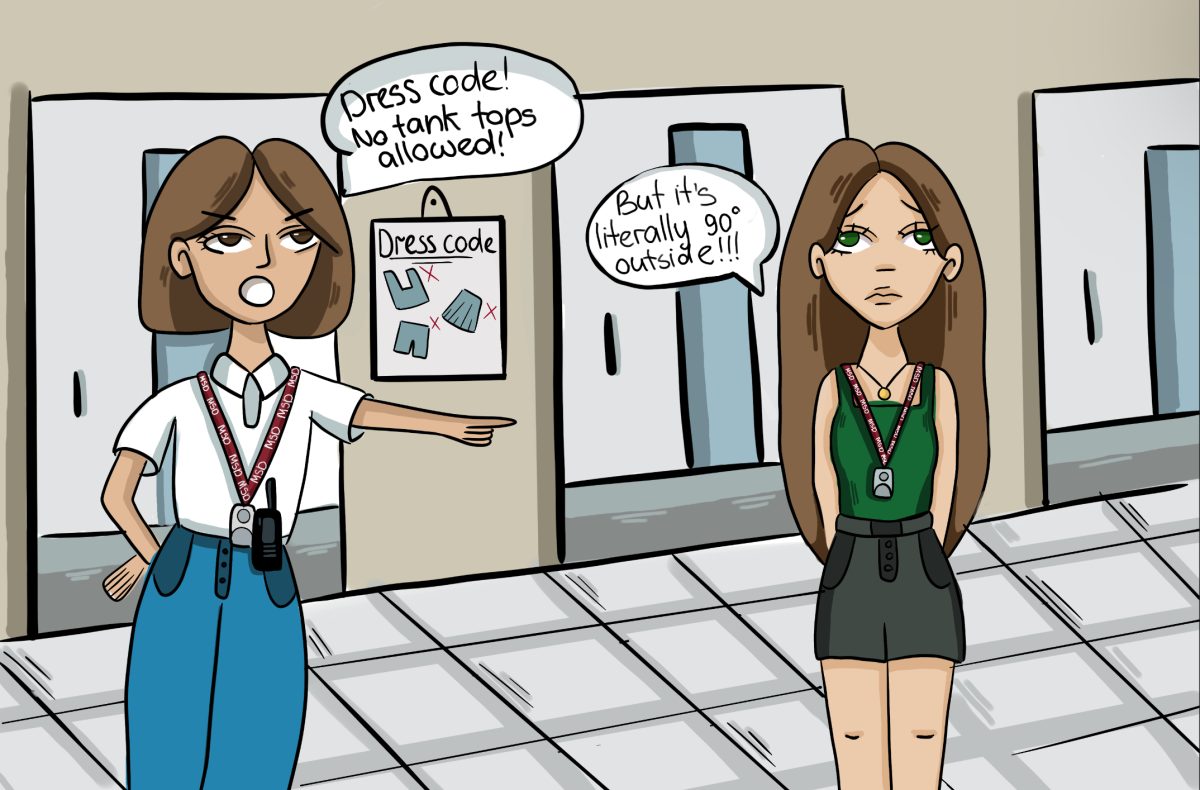Name, Image and Likeness, or NIL, can be defined as the legal right for someone to control how their identity is used for commercial purposes. In other words, NIL is how an individual can profit off using their name, image and likeness to sign brand deals. This can be something as small as a social media post or as big as a product endorsement deal with a multi-billion-dollar company.
NIL is revolutionizing the ability for an NCAA student athlete, otherwise known as an athlete at the collegiate level, to get compensation for the right to use their name, image and likeness. Currently, only 39 states permit high school athletes to participate in NIL deals, causing transfers and lawsuits. Instead, all 50 states should allow high school student athletes to take part in NIL deals.
Prior to 2021, it was impossible for high school athletes to profit off their NIL; however, in August 2021 California became the first state to legalize NIL at the high school level with the Fair Pay to Play Act. Initially, there was a trade-off to California’s law which stated if high school athletes accept money through NIL, they would be ineligible to participate in collegiate athletics. This trade-off was removed following changes which allowed collegiate athletes to receive NIL deals.
39 states have made the choice to legalize the ability for high school student athletes to use NIL for compensation. However, 11 states have still upheld the horrendous decision to ban high school NIL. If an athlete who attends school in one of these 11 states violates the NIL policy by signing a brand endorsement deal, the punishments could derail a student athlete’s career. Outcomes such as bans from athletics, top athletes transferring and barrages of lawsuits result from these 11 states’ stubbornness. This can give students residing in these 11 states an unfair disadvantage to profit off their name, image and likeness.
If an athlete violates their state’s NIL laws, the first offense is a formal warning and a termination of their NIL endorsements or activities, the second offense is a suspension from all high school athletics for the rest of the year and the third is permanent suspension from all high school athletics for the rest of their high school career. These suspensions could decimate an athlete’s chances of playing at a collegiate level.
These NIL rules also cause top athletes around the country to transfer out of their states. Top high school athletes around the nation from states such as Texas, Michigan and Ohio have transferred out of their states to take part in NIL brand deals. Laws that prohibit NIL at the high school rank unjustly drive athletes out of their state, all because of a state’s refusal to change an absurd law.
Tre Johnson, a former five-star basketball recruit and Texas Longhorns commit, is coming off his senior season at Link Academy in Branson, Missouri. However, he played three years at Lake Highlands High School in Dallas, Texas, leading them to a 6A state championship win, before transferring to Missouri to continue his high school career.
It is clear that the reason for his abrupt transfer to Link Academy is a result of Texas’ NIL laws. In 2021, Texas passed a state law which prohibited high schoolers from participating in NIL deals. This would cause many of the state’s top athletes to transfer to high schools out of state that permitted high school NIL deals.
Days after announcing his transfer to Link Academy, the National Basketball Association’s exclusive trading card company based in Johnson’s hometown of Dallas, Panini America, announced their multi-year deal with Johnson. A top high school athlete and state champion abruptly transferring out of the state and immediately signing an NIL deal shows how states are losing their top athletes just because of their stubbornness to change brand endorsement law.
Aside from the risk of a state’s top athletes transferring, state NIL rules could pose a threat to the state’s athletic board directly. As a result of a state’s refusal to allow high school athletes NIL, they have rightfully taken legal action and begun filing lawsuits.
Faizon Brandon, a class of 2026 five-star quarterback prospect is one of these athletes. On June 6, the North Carolina State Board of Education voted to adopt policy ATHL-008, which states that all athletes attending public schools in North Carolina were forbidden from participating in NIL brand deals. In turn, Brandon, who attends high school in North Carolina, lost out on a brand deal made to him on April 24.
Rolanda Brandon, Faizon’s mother, filed a lawsuit against NCSBOE on Aug. 23 due to this lost NIL opportunity. Brandon hopes this lawsuit will help lift the restrictions on high school NIL in North Carolina and help North Carolina join the other states that have already made the righteous decision to rescind the ban on high school NIL.
A state’s stubbornness on NIL, as demonstrated here, causes lawsuits and legal problems, which is avoidable by simply permitting NIL in every state across the nation. The United States as a whole must be in unanimous decision to allow NIL at the high school rank to conclude the barrage of lawsuits against states.
Every state must modify their NIL laws to where NIL is permitted at the high school ranks. States must take notice of the fact that the ability for high school athletes to take part in NIL brand deals has a place in modern-day high school athletics. If states continue to refuse to make the necessary changes, high school athletics will be left in ruin by constant transfers and lawsuits, a result easily avoided by allowing high school athletes to profit off their name, image and likeness in all 50 states.

